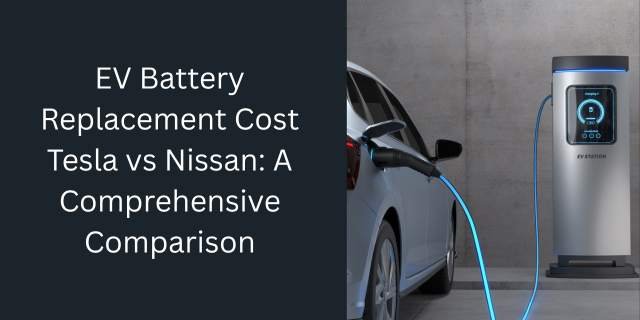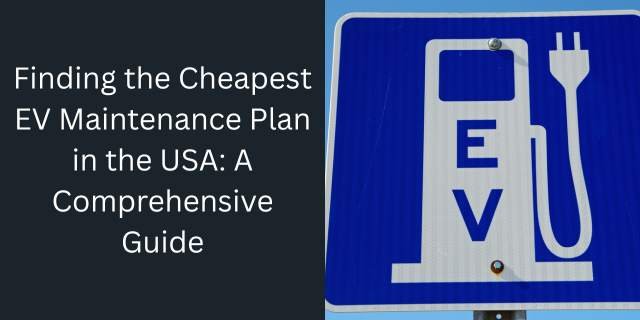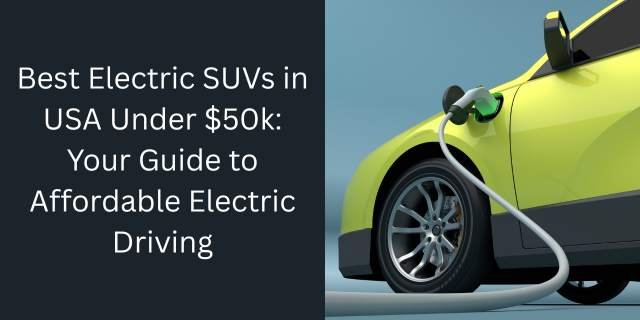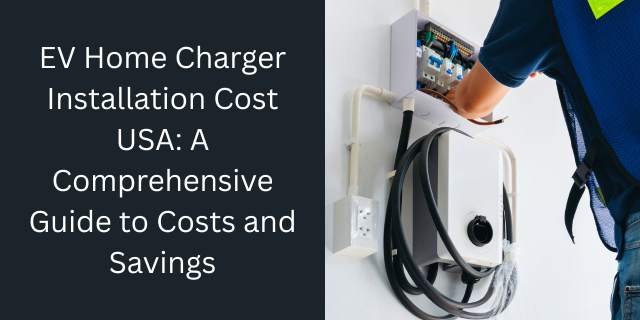The transition to electric vehicles (EVs) is gaining momentum, driven by environmental concerns and technological advancements. For many, leasing an EV presents a financially attractive option, offering lower upfront costs and predictable monthly payments. However, what many don’t realize is the potential for significant tax savings through EV lease tax deduction benefits USA. This comprehensive guide will explore the intricacies of these deductions, helping you understand how to maximize your savings and make informed decisions about your next vehicle. We’ll delve into the specifics of the tax code, provide practical examples, and offer actionable advice to ensure you claim every deduction you deserve. By the end, you’ll be equipped to navigate the world of EV lease tax deductions and unlock considerable financial benefits.
Understanding the EV Lease Tax Deduction: A Comprehensive Overview
The EV lease tax deduction benefits USA stem from the various federal and state incentives designed to promote the adoption of electric vehicles. While the specifics vary depending on your location and individual circumstances, the core principle remains the same: you can deduct a portion of your EV lease payments from your taxable income. This is particularly beneficial for businesses leasing EVs for commercial use, as the deduction can significantly reduce their tax burden. However, even individuals leasing EVs for personal use might find opportunities for deductions, although the rules are generally stricter. Understanding the nuances of these deductions requires careful consideration of factors such as the type of vehicle, the lease terms, and your overall tax situation. For instance, the Clean Vehicle Tax Credit, while not directly a lease deduction, can often be combined with other deductions to maximize savings. It’s crucial to consult with a tax professional to determine your eligibility and the extent of your potential deductions. Failing to claim these deductions could mean leaving significant money on the table.
Navigating the Maze: Federal and State Incentives for EV Leases
The landscape of EV lease tax deduction benefits USA is complex, varying significantly between federal and state levels. At the federal level, the Section 179 deduction might apply to businesses leasing EVs for commercial purposes, allowing them to deduct the full cost of the vehicle in the year it’s placed in service. However, this is subject to certain limitations and eligibility criteria. Furthermore, the Clean Vehicle Tax Credit offers a direct credit towards the purchase or lease of a new or used clean vehicle, including EVs. The amount of the credit depends on several factors, including the vehicle’s battery capacity and the manufacturer’s suggested retail price (MSRP). At the state level, many states offer their own incentives, such as tax credits, rebates, or exemptions from sales tax. These state-level EV lease tax deduction benefits USA can significantly boost the overall savings. For example, California, New York, and Colorado are among states offering substantial incentives. Researching your specific state’s incentives is crucial to maximize your potential tax benefits.
Maximizing Your Deductions: Strategies and Best Practices
To effectively leverage the EV lease tax deduction benefits USA, meticulous record-keeping is paramount. Maintain detailed records of your lease payments, including the date, amount, and the vehicle identification number (VIN). Additionally, keep all documentation related to the vehicle’s purchase or lease, including the lease agreement, any applicable purchase orders, and any documentation related to federal and state tax credits. Organize your records in a clear and accessible manner to simplify the tax preparation process. Furthermore, consult with a tax professional to ensure you’re claiming all eligible deductions. They can help navigate the complexities of the tax code and identify any potential deductions you may have overlooked. Finally, stay updated on changes to the tax laws, as incentives and regulations can evolve over time. Regularly checking the IRS website and your state’s revenue department website for updates is crucial.
Real-World Examples and Case Studies: Illustrating the Financial Benefits
Let’s consider a hypothetical scenario: A small business leases a fully electric van for $800 per month for commercial purposes. Assuming the business qualifies for the Section 179 deduction, they could deduct a substantial portion of the lease payments from their taxable income, significantly reducing their tax liability. If their tax rate is 25%, a deduction of $10,000 (a simplified example) would result in a tax savings of $2,500. In another instance, an individual leasing an EV might be eligible for state-level tax credits, potentially reducing their overall cost significantly. For example, a $5,000 state tax credit could directly offset the cost of the lease, essentially reducing the monthly payments. These examples highlight the potential financial benefits of properly utilizing the EV lease tax deduction benefits USA. It’s important to remember these are simplified examples, and the actual savings will depend on various factors. Consulting with a tax professional is crucial to obtain personalized advice and maximize your potential tax benefits.
Conclusion
The EV lease tax deduction benefits USA offer a compelling financial incentive for both businesses and individuals considering leasing an electric vehicle. By understanding the intricacies of federal and state incentives, maintaining meticulous records, and seeking professional guidance, you can significantly reduce your tax burden and lower the overall cost of EV ownership. The potential savings can be substantial, making the transition to electric transportation more financially accessible. Don’t miss out on these valuable opportunities; take the necessary steps to claim all eligible deductions and unlock the full financial potential of your EV lease. Remember, proactive planning and informed decision-making are key to maximizing your savings and enjoying the environmental and economic benefits of electric mobility.



